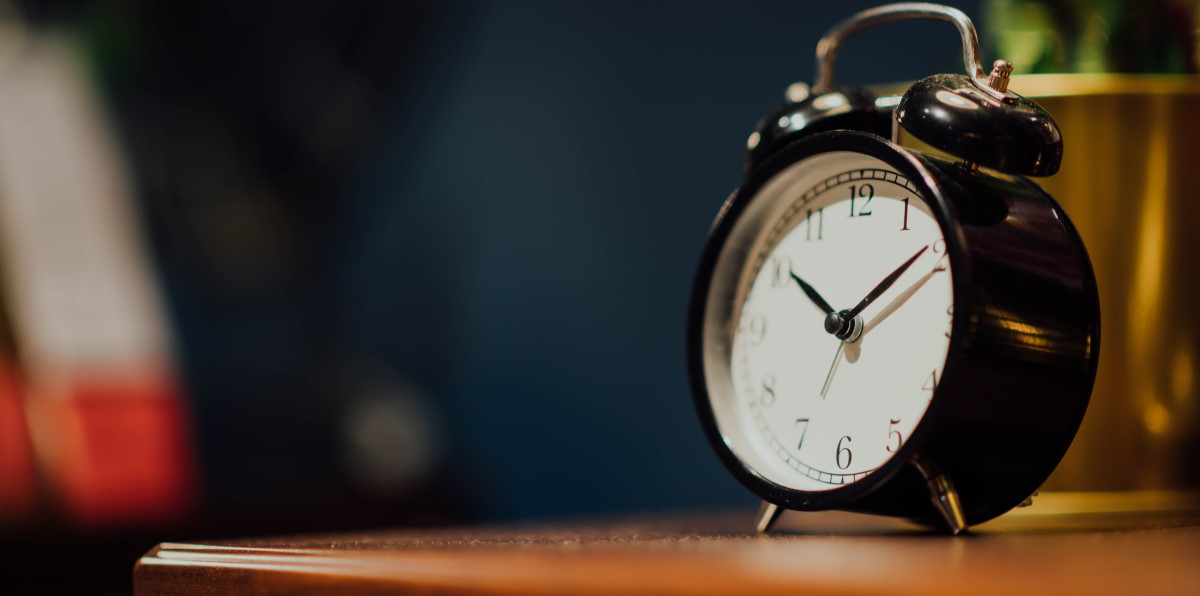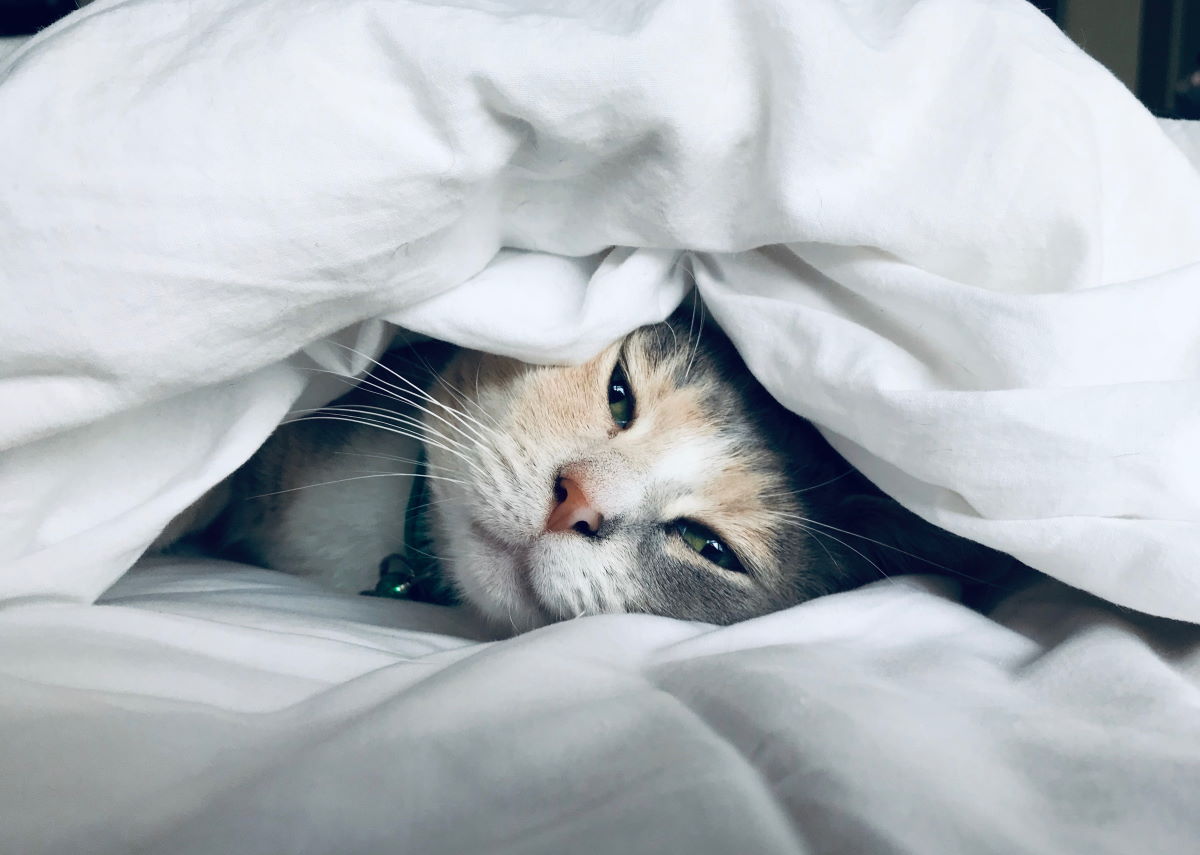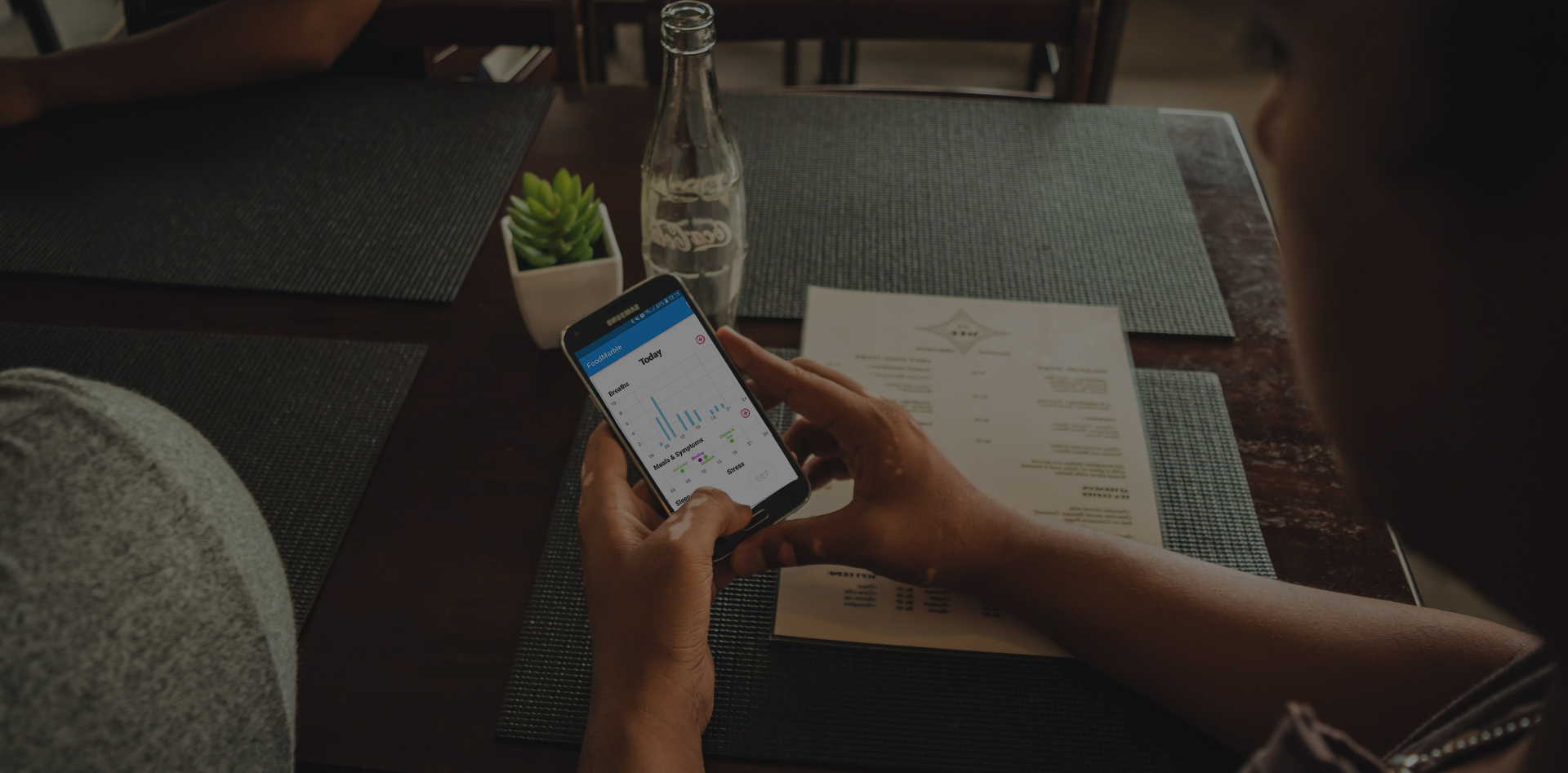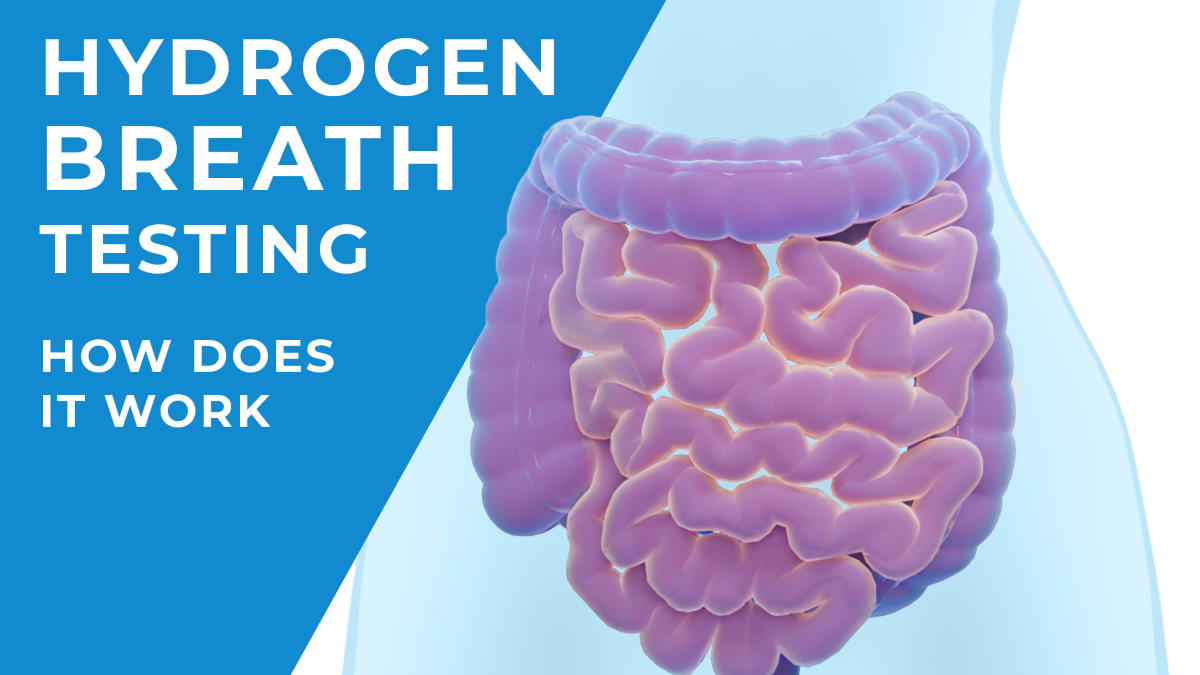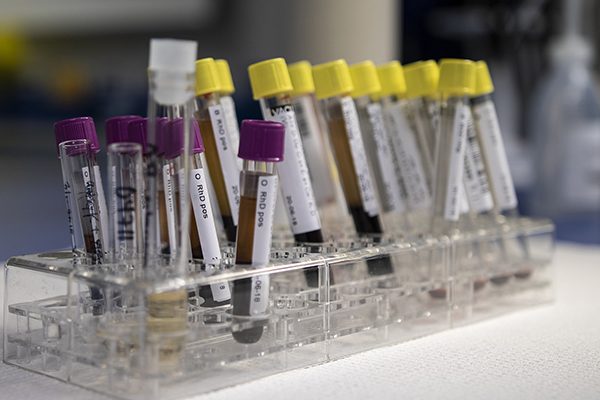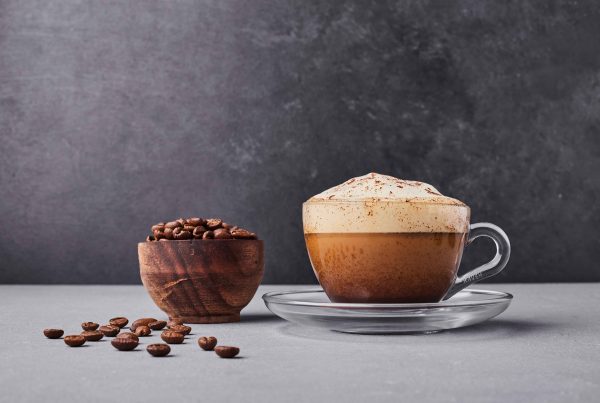As we all know, 7-9 hours of sleep a night is crucial for any functioning adult. But does anyone know why?
Photo by Kate Stone Matheson on Unsplash
Interestingly, the answers may live within your gut microbiome
Your gut is made up of trillions of organisms influencing many physiological processes such as inflammation, digestion and hormone regulation. It communicates with your brain via the gut-brain axis (check out our blog on this topic here). This link is responsible for feeling “butterflies” in your tummy when you’re nervous and feeling hungry before a meal.
Our Circadian Rhythm
We know that every cell in our body operates around a central clock, also known as our “circadian rhythm”. This central clock synchronises our entire body, by controlling all of the cells, including the cells associated with our digestive system. Our eyes send signals to the brain in response to light, and this is communicated to the rest of the body. Light-dark cycles are the most important external cue affecting the central clock. Common disruptors include social jet lag (sleeping late on the weekends and rising early during the week), alcohol and fatty foods.
Photo by Matthew T Rader on Unsplash
Ever feel more susceptible to developing a cold or flu after a few boozy nights out?
Disrupting the light-dark cycle may interfere with inflammatory cell maturation (gearing cells up to fight infection) and metabolite production in the gut (chemicals made during digestion), altering immune responses throughout the body.
Currently, not much is known about the direct effect of sleep loss on our gut microbe populations. A small study monitoring disrupted sleep patterns identified shifts in participant’s microbiome profiles. Individuals experienced a switch in their microbiome makeup after 2 nights of sleep deprivation (4 hours) which in other studies, has been linked with obesity. Happens quick huh?
What about diet?
Altered sleep-wake cycles can influence our eating patterns. Sleep deprivation has been shown to affect regulation of hunger hormones – causing us to feel hungrier and less satisfied after meals.
The types of food we eat change too… I’m looking at you late night pizza!
Unfortunately, foods high in fat (chips, pizza, crisps) and alcohol exacerbate the negative impact of losing sleep on the gut. This trio can thus wreak havoc on your digestive system.
“Good sleep and a healthy diet appear to be essential for maintaining gut microbial balance”
Bet this isn’t exactly what you want to hear as we head into silly season…
Photo by JESHOOTS.COM on Unsplash
So, what can I do?
Have no fear! Given the facts that (a) modern lifestyles are here to stay and (b) food affects microbial growth, dietary manipulations are probably something to try. Because many components in food can alter gut microbial composition, manipulating the quality or timing of food, may manipulate our gut microbiota. Introducing some of these practices may help mitigate the consequences of modern lifestyle-associated issues.
Sleep hygiene
- Monitor caffeine intake
- Avoid exercising before bed
- Avoid electronics 1 hour before bed
- Monitor alcohol intake*
- Maintain a regular sleep-wake pattern (e.g. avoid sleep deprivation during the week and playing ‘catch up’ at the weekend)
Diet
- Eat a wide variety of fruit and vegetables (30+ plants week)
- Limit foods high in fat and refined sugar (takeaways, chocolate, cakes, biscuits)
- Introduce natural probiotics (natural yoghurt, kefir, kombucha)
- Maintain a regular eating pattern
- Avoid eating too close to bed time
*Enjoy responsibly
Ciara McNulty, Student Dietitian studying MSc in Clinical Nutrition & Dietetics
7 December, 2019 | Health
FoodMarble AIRE is the world’s first personal hydrogen breath tester. It is a pocket-sized breath analysis device. It helps people with chronic digestive issues determine the foods that work best with their digestive system. To learn more about FoodMarble, visit foodmarble.com or follow us on Twitter, Facebook, Instagram or LinkedIn!

